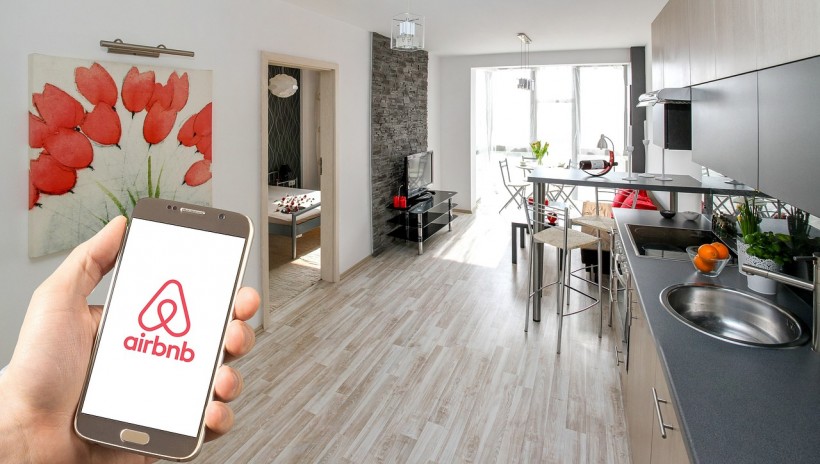The average cost of rent in the United States right now is just above $1300 a month. Over the course of a year that totals $15,600.
For the past 100 years, landlords have regarded this arrangement as a profitable and appealing deal. Renters have also found it acceptable because the cost is often cheaper than owning a home and includes the amenity of not having to pay for major repairs.
However, another recent option is putting the rental community in a tight crunch. In the last few years, Airbnb has invaded the market and made things more complicated and interesting for renters as well as landlords.
2021 Showed a Clear Shift
During 2020 when the world was in covid lockdown, many families and individuals discovered a way to get away while avoiding a stay in a crowded hotel or a visit to a public beach or lake.
Airbnb was the answer that many families fell in love with. First, many public dining as well as overnight establishments were closed, so if a family wanted to travel, finding a home to rent out a week became a highly appealing option.
Many believed that once resorts and hotels opened up again, behavior would return to the way it had been in the past, but 2021 turned out differently. According to data, Airbnbs generated nearly double the traffic and profit they had in 2020.
Average earnings were just above $18,000 for a three-bedroom house. At the same time, to rent a residence, you could expect to earn less than $18,000 in 27 states.
Airbnb has become extremely competitive with home rentals, and the forecasts indicate that it may be the better option overall very soon.
Rentals Have a Ceiling
There will always be a portion of the population who prefers the rental life. If a water heater breaks, it gets replaced. When you live in an apartment, you never have to mow the lawn or worry about replacing an air filter.
But that's a specific and possibly shrinking group of people. The rest of the population wants to own their home.
The greatest obstacle is that rental prices are lower than home mortgages. If rents increase at some point, more renters will study the amount of rent versus the cost of owning a home and decide that it's essentially a wash, so why not shift to home ownership?
Landlords recognize this. They also know that Airbnb does not feature this issue.
As long as there's a demand, Airbnb can go as high as the market will allow. For that reason, many landlords are switching.
The Effect on the Market
The future of the housing market looks fairly intriguing. Currently, there are 660,000 Airbnb listings in the US. To put that in perspective, that represents nearly .5% of the housing market in this country.
That may not sound like a lot, but if the number were to double or even triple, suddenly the entire balance of supply and demand in the housing industry would turn upside down. As it is, the housing shortage in the US has led to insane prices and recent hikes in mortgage rates.
Houses aren't getting built fast enough to meet the demand, at least in many parts of the nation. At least a portion of this can be blamed on the fact that so many homes were converted to Airbnbs.
In 2021, only 762,000 new homes were built. Though an exact figure for the amount of new Airbnb homes isn't available, it's not hard to imagine that at least 100,000 were added in the past year or so. This alone could be a large reason for the housing crisis.
It's anyone's guess what the future might hold. As stated earlier, rents can't continue to climb much further, but Airbnb appears to have no limit.
Will we reach the point where the only rental options are apartments? Only time will tell.
* This is a contributed article and this content does not necessarily represent the views of sciencetimes.com












!['Cosmic Glitch' in Einstein's Theory of General Relativity Could Be Explained in This New Scientific Tweak [Study]](https://1721181113.rsc.cdn77.org/data/thumbs/full/53435/258/146/50/40/cosmic-glitch-in-einsteins-theory-of-general-relativity-could-be-explained-in-this-new-scientific-tweak-study.jpeg)


